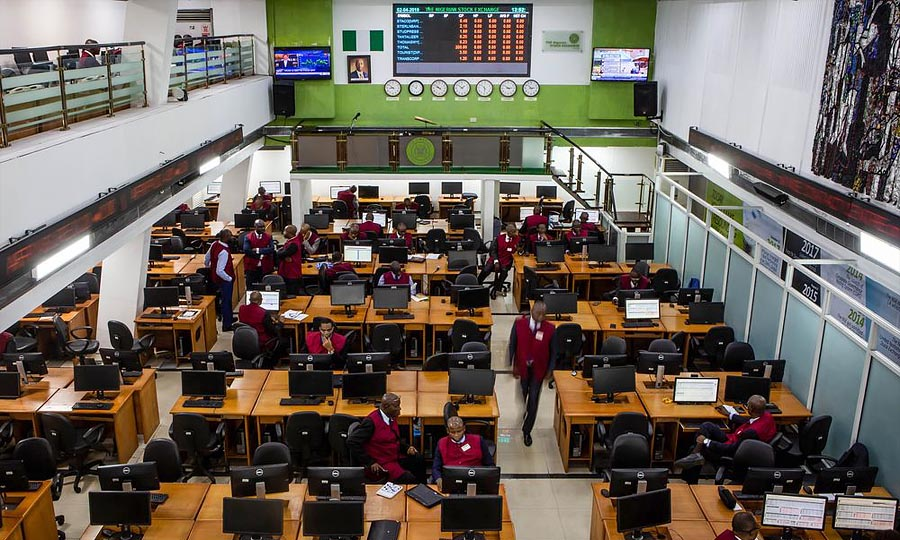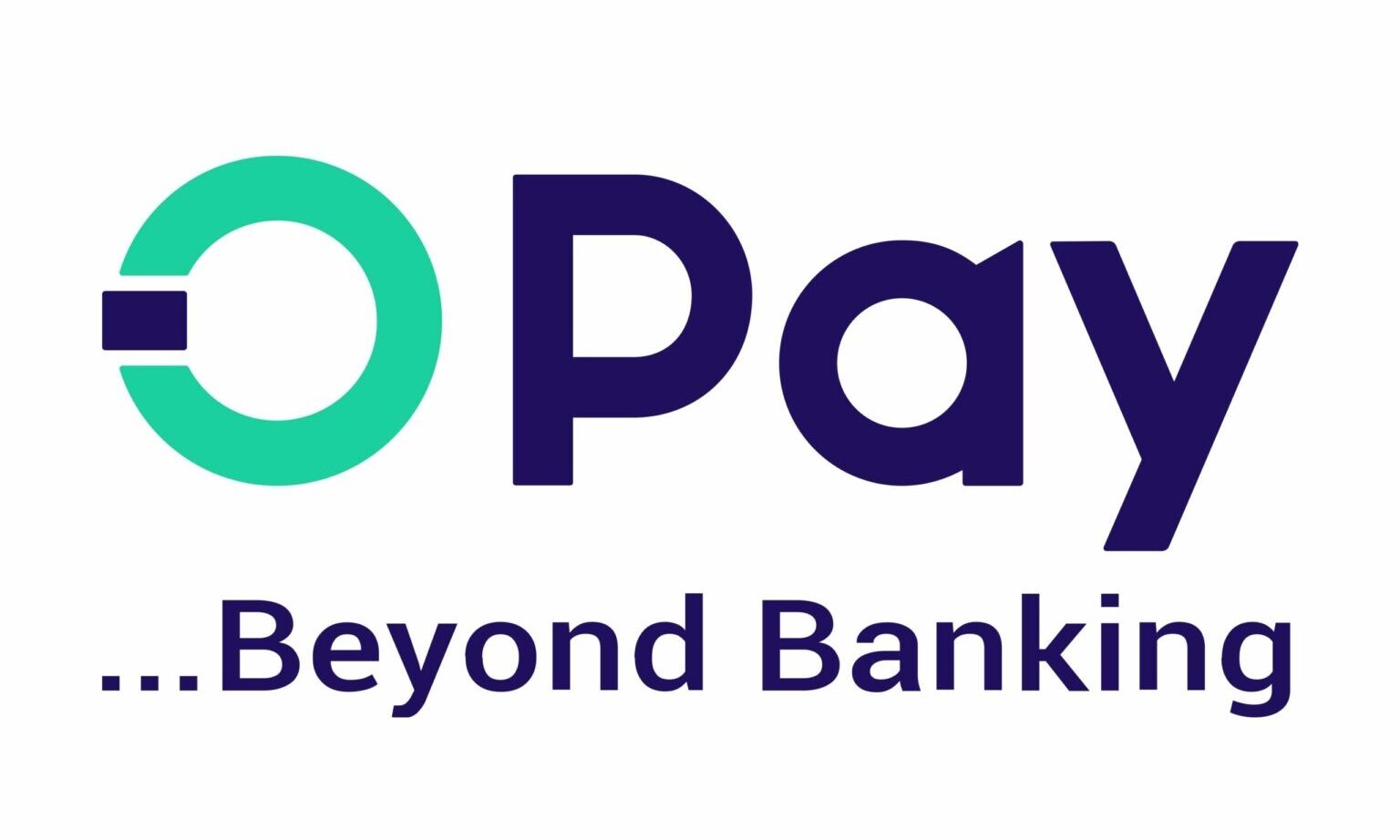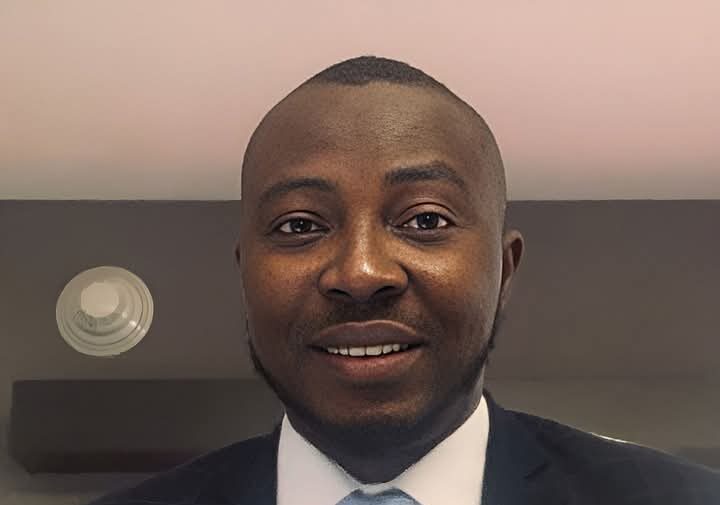Emma Okonji
The Lagos State Government, in collaboration the French Development Agency (AFD), European Union (EU), and European Investment Bank (EIB), is set to revolutionise ferry transport with the launch of the Omi Eko Project, designed to modernise the city’s waterways sector with technology-powered speed boats.
The project, which is expected to begin operations in the next two years, will establish an organised, efficient, and affordable ferry system that enhances connectivity and improves the daily lives of residents in Lagos.
Implemented by the Lagos State Waterways Authority (LASWA), the project is supported technically and financially by a consortium of European partners led by the French Development Agency (AFD) with a loan of 130 million euros, and jointly funded by the European Investment Bank (EIB) with a loan of 170 million euros, and the EU with a grant of 60 million euros.
Speaking during the launch at the weekend, the Lagos State Governor, Mr. Babajide Sanwo-Olu, said: “This project is not merely about infrastructure; it is about the transformation of lives, of livelihoods, and of Lagos itself. It speaks to who we are as a people, bold in ambition, relentless in innovation, and united by a shared determination to build a Lagos that works for all.”
The Omi Eko Project will introduce 15 structured ferry routes, spanning 140 kilometers and linking 25 upgraded and expanded ferry terminals across the city. As part of the initiative, 75 state-of-the-art electric vessels, each capable of carrying up to 440 passengers, will be procured.
Minister of France for Europe and Foreign Affairs, Mr. Jean-Noël Barrot, said: “Through Omi Eko, Nigeria, with the support of France and the EU, is leading the way in putting innovative and sustainable mobility at the service of people’s needs, at the heart of Lagos, Africa’s largest city.”
Corroborating the earlier statement from Mr. Barrot, the Ambassador of the European Union in Nigeria, Mr. Gautier Mignot, stated: “Nigeria and Lagos are spearheading the execution of Global Gateway projects, showing the way as to the level of ambition which can be achieved both in terms of size and sustainability. As the Lagos Abidjan corridor remains a key area for Global Gateway intervention, we look forward to expanding sustainable connectivity in the ECOWAS region and beyond.”




